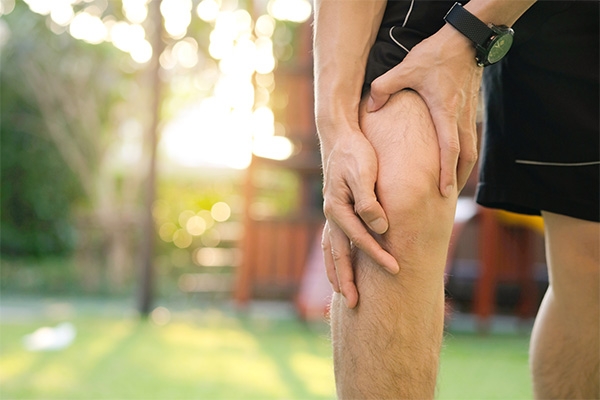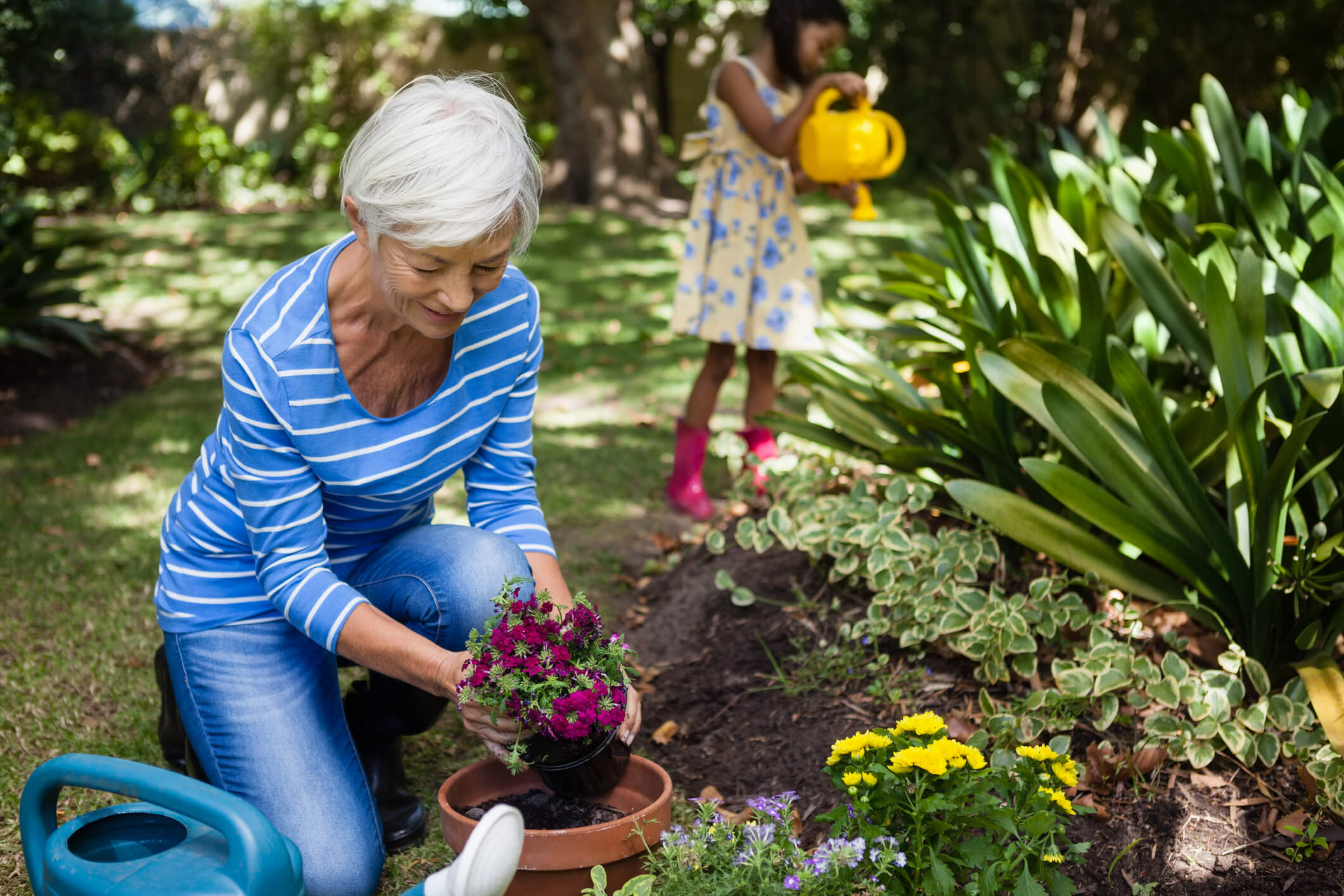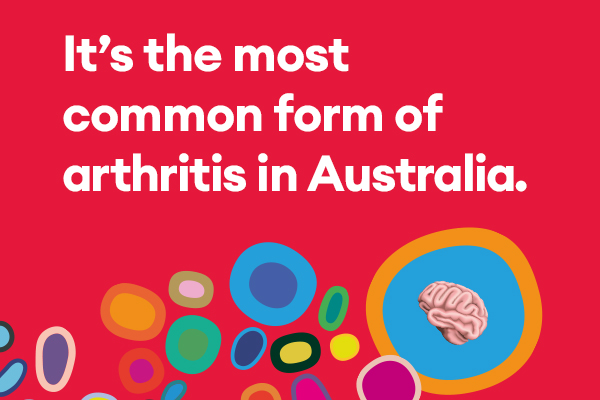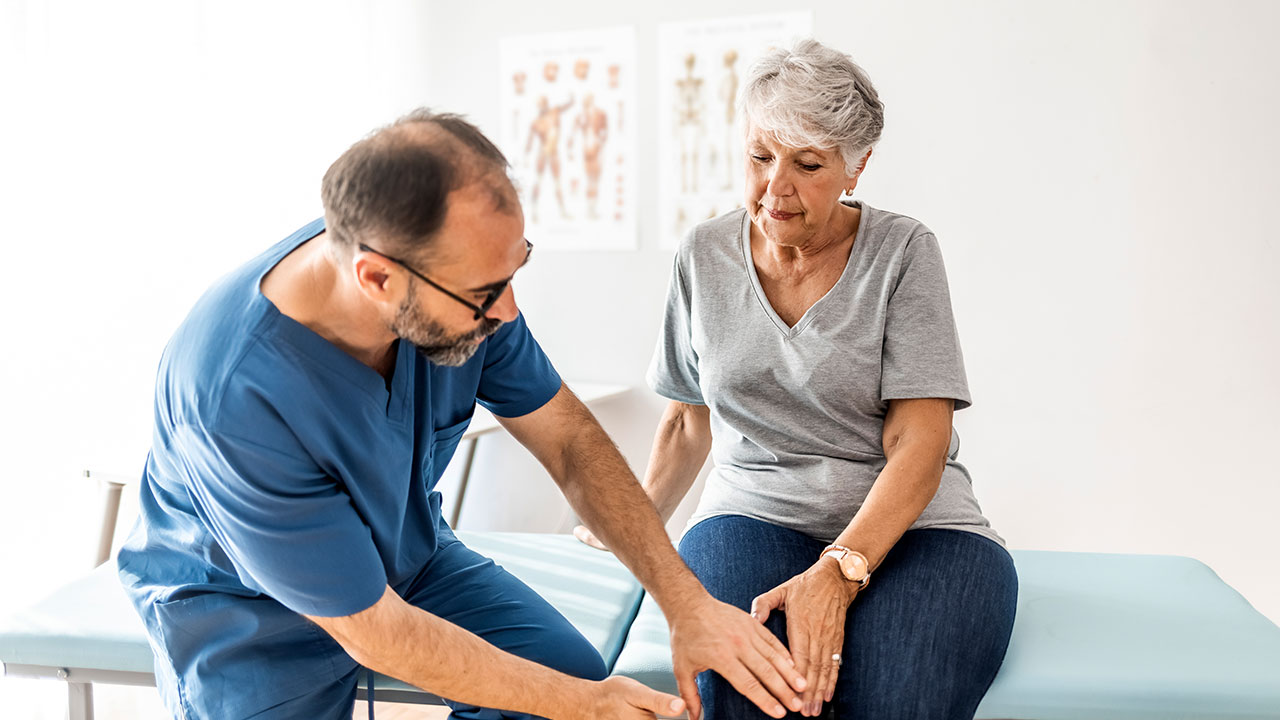Written by Medibank
August 2022
Australians suffering from osteoarthritis of the knee and hip may now get more support to manage their condition. The osteoarthritis treatment guidelines – created by The Royal Australian College of General Practitioners (RACGP) in partnership with the Medibank Better Health Foundation^ – emphasise non-surgical, non-drug treatment. Find out how these changes can benefit you.

What is osteoarthritis?
Osteoarthritis is a joint problem that can cause chronic joint pain and difficulties with daily activities for those who live with it. The condition affects the whole joint including cartilage, bone, ligaments and muscles. So just how common is osteoarthritis? You might be surprised to learn it affects more than two million Australians, with the number expected to increase to almost 3.1 million by 2030.
How has osteoarthritis been managed in the past?
Despite being one of the most commonly managed conditions in general practices across Australia2, studies into the management of osteoarthritis show that 57 per cent of patients have not been receiving appropriate care3.
Data from Australia’s Bettering the Evaluation and Care of Health (BEACH) program has shown that for patients with osteoarthritis in GP consultation, rates of drug prescription were three times higher than rates of referral for lifestyle management.
A survey of osteoarthritis management in Australia over 6 years also found referrals to medical specialists were more than double those to allied health professionals like physiotherapists.
What has changed in the management of osteoarthritis?
The RACGP highlights the most up-to-date guidelines for the management of knee and hip osteoarthritis. These include:
- an emphasis on exercise and weight management for patients with knee and hip osteoarthritis
- advice to strongly turn away from using opioids in the treatment of the condition
- only when a patient’s symptoms fail to respond to non-surgical treatments should knee replacement surgery be considered
- a reduction on the use of diagnostic imaging.
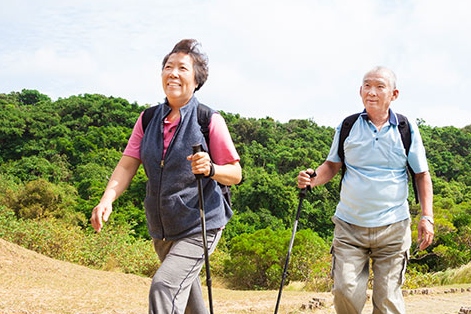
Better Knee, Better Me
This program typically combines personalised plans for exercise, weight loss and pain management that aims to help eligible members better manage painful knee osteoarthritis and help reduce the impact it has on their quality of life. Clinical and product eligibility criteria apply. Your program journey may be different depending on your needs.
What the osteoarthritis treatment guidelines mean for you and your knee pain
Dr Linda Swan, Medibank’s Chief Medical Officer, says that more than 100,000 Australians receive hip and knee replacements each year and Medibank is committed to supporting them to get the best treatment.
"We need to support GPs with evidence-based research about what the best treatment options are," says Swan. "We want Australians living with osteoarthritis to have informed conversations with their GP including conversations about preventive care like physical exercise and weight loss."
Read about the programs Medibank offers for those with osteoarthritis, including the Better Knee, Better Me program and Medibank No Gap Joint Replacement Program.

Read more about osteoarthritis
Looking for something else?
Visit Joint health for more information.
Things you need to know
^ The Medibank Better Health Foundation supports partners with projects that test new ways of improving health outcomes and patient experience. We are helping to turn research and evidence into action by working closely with both the research sector and clinicians on the ground.
1 RACGP, Guideline for the management of knee and hip osteoarthritis, retrieved 21 June 2022.
2 Australian Institute of Health and Welfare, Osteoarthritis, retrieved 21 June 2022.
3 BMC, Effectiveness of a new model of primary care management on knee pain and function in patients with knee osteoarthritis, retrieved 21 June 2022.
While we hope you find this information helpful, please note that it is general in nature. It is not health advice, and is not tailored to meet your individual health needs. You should always consult a trusted health professional before making decisions about your health care. While we have prepared the information carefully, we can’t guarantee that it is accurate, complete or up-to-date. And while we may mention goods or services provided by others, we aren’t specifically endorsing them and can’t accept responsibility for them. For these reasons we are unable to accept responsibility for any loss that may be sustained from acting on this information (subject to applicable consumer guarantees).
